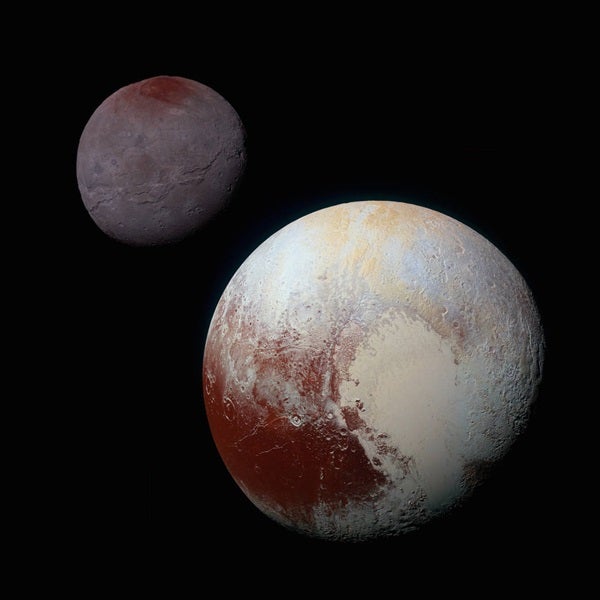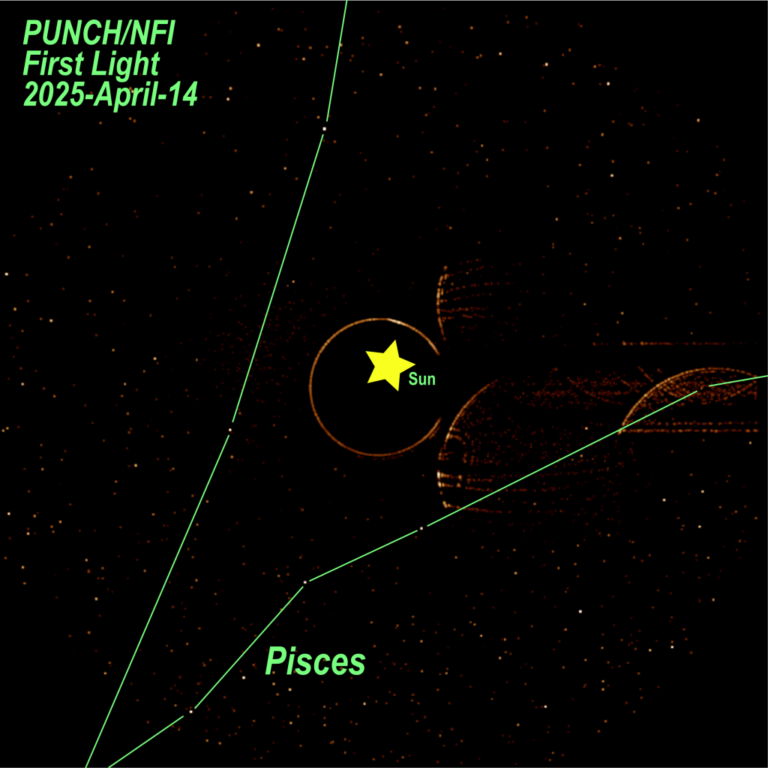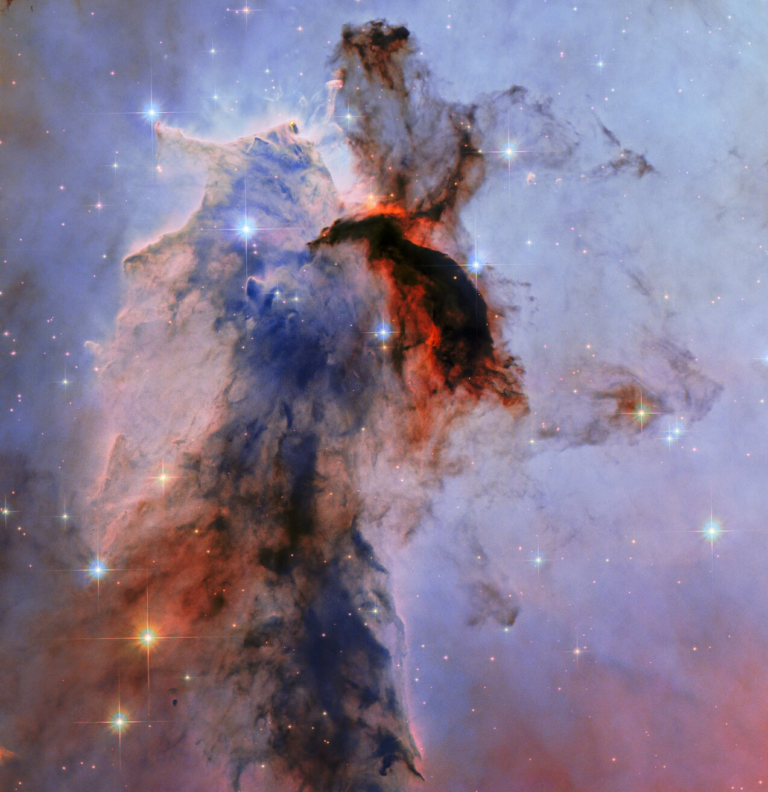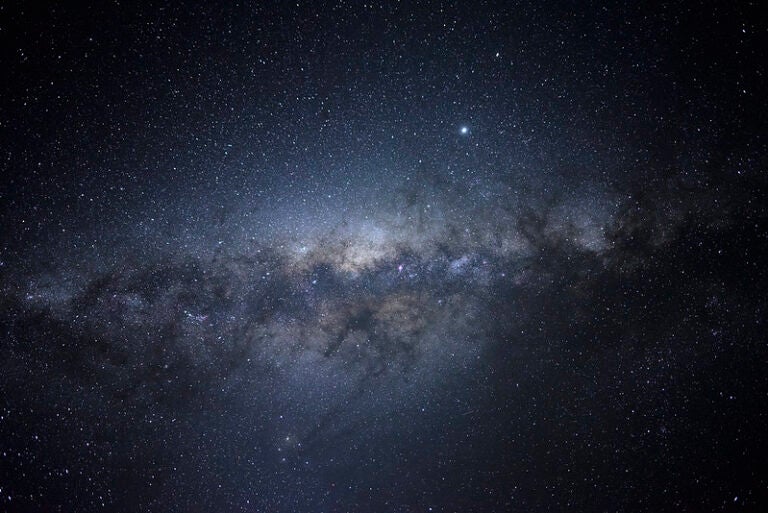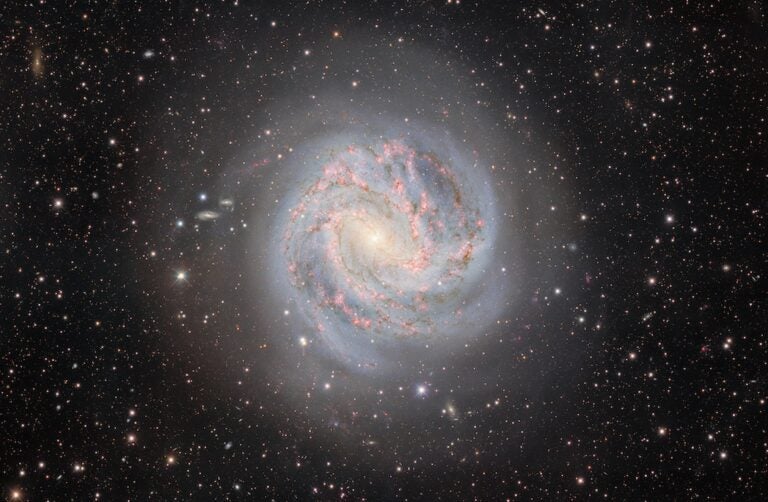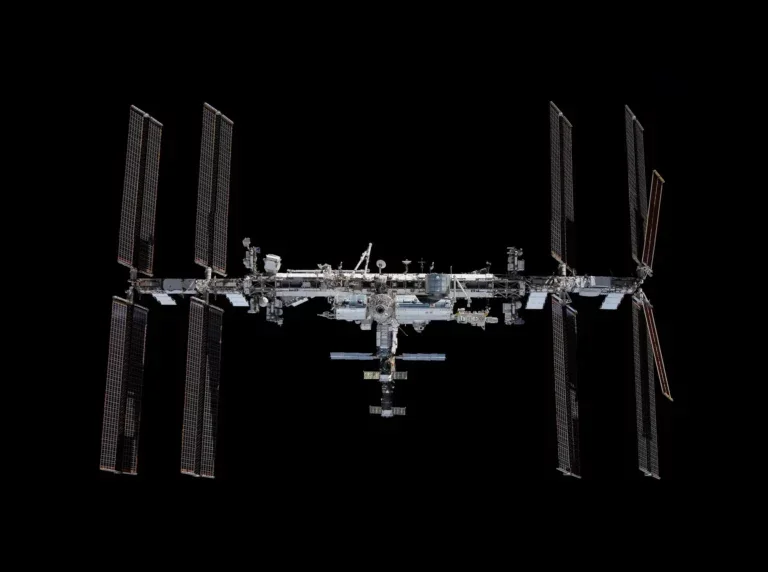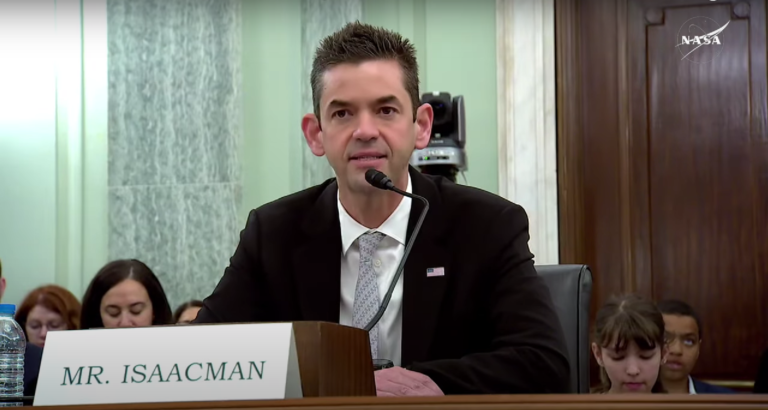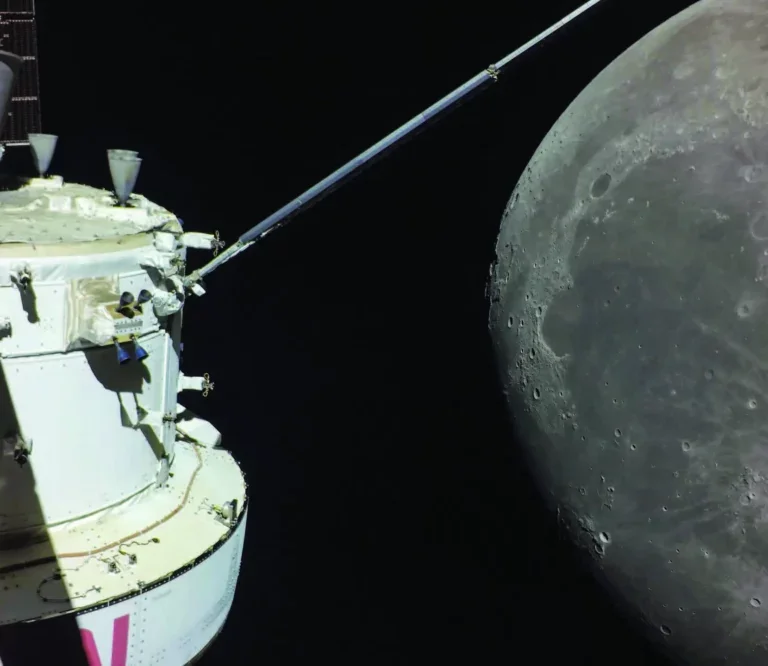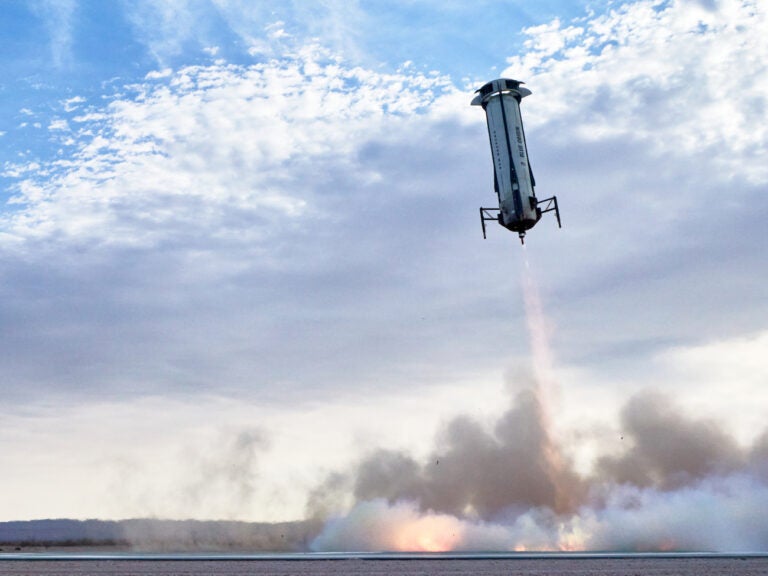The flyby that recorded the data took place in July 2015, lasted about 12 hours, and gathered about 16 gigabytes of data. It only had one pass at its target and gathered 100 times more data on its close approach to Pluto and its moons than it could have sent home before moving on. Because there was so much data, it took a year and a half to send back all of it because it only sent back between one and four kilobytes per second.
The last of the 50-plus megabytes of data on the Pluto system data came into the John Hopkins University Physics Laboratory in Laurel, Maryland early on October 25.
Scientists are still sorting through the data to learn more about Pluto and all five of its moons.
“There’s a great deal of work ahead for us to understand the 400-plus observations that have all been sent to Earth,” Alan Stern, New Horizons principal investigator from Southwest Research Institute in Boulder, Colorado, said in a press release. “And that’s exactly what we’re going to do–after all, who knows when the next data from a spacecraft visiting Pluto will be sent?”
New Horizons will depart in January 2019 for its next mission: an icy body called 2014MU69, a Kuiper Belt object about a billion miles past Pluto.

